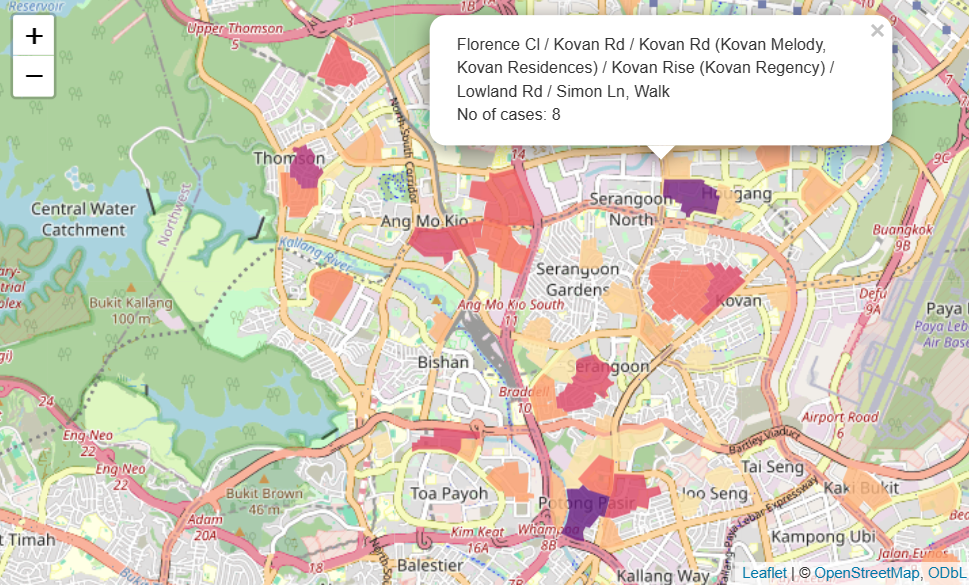ANL501 Data Visualisation and Storytelling

View the Project on GitHub nicholas-sim/ANL501-Data-Visualisation-and-Storytelling
Seminar 1
Here is the overview of the course. By the end of the course, students will become proficient (with effort) in using R for data cleaning, data visualisation, and writing reproducible reports using RMarkdown. As students are not expected to have the prior knowledge in R (although it would be helpful), we will start off with the basics in R operations and programming.
This discussion covers data types, the combine functions, vectors and matrices, array indexing, and conditional filtering.
The discussion first begins by explaining what a list is and its purpose. Then, it covers basic programming fundamentals related to flow controls and function writing. For flow controls, we will cover the for statement, the if, else if and else statements, and while statements. We will also cover other useful tools such as the gsub and grep functions, as well as str_split function from the dplyr package.
Suggested Practices in Data Storytelling
This discussion is based Cole Nussbaum-Knaflic’s book Storytelling with Data . Here, we explore several key considerations when constructing a data visualization for storytelling, such as the reduction of clutter, strategic use of colors, paying attention to preattentive attributes, among others.